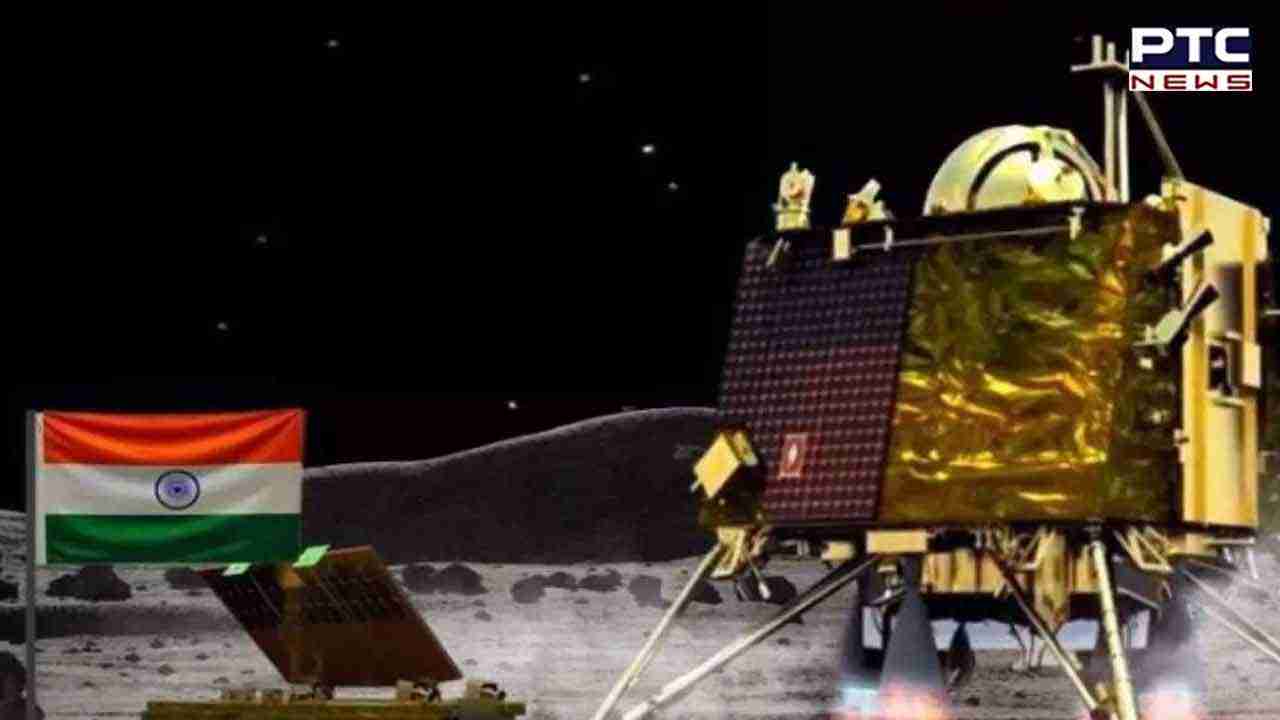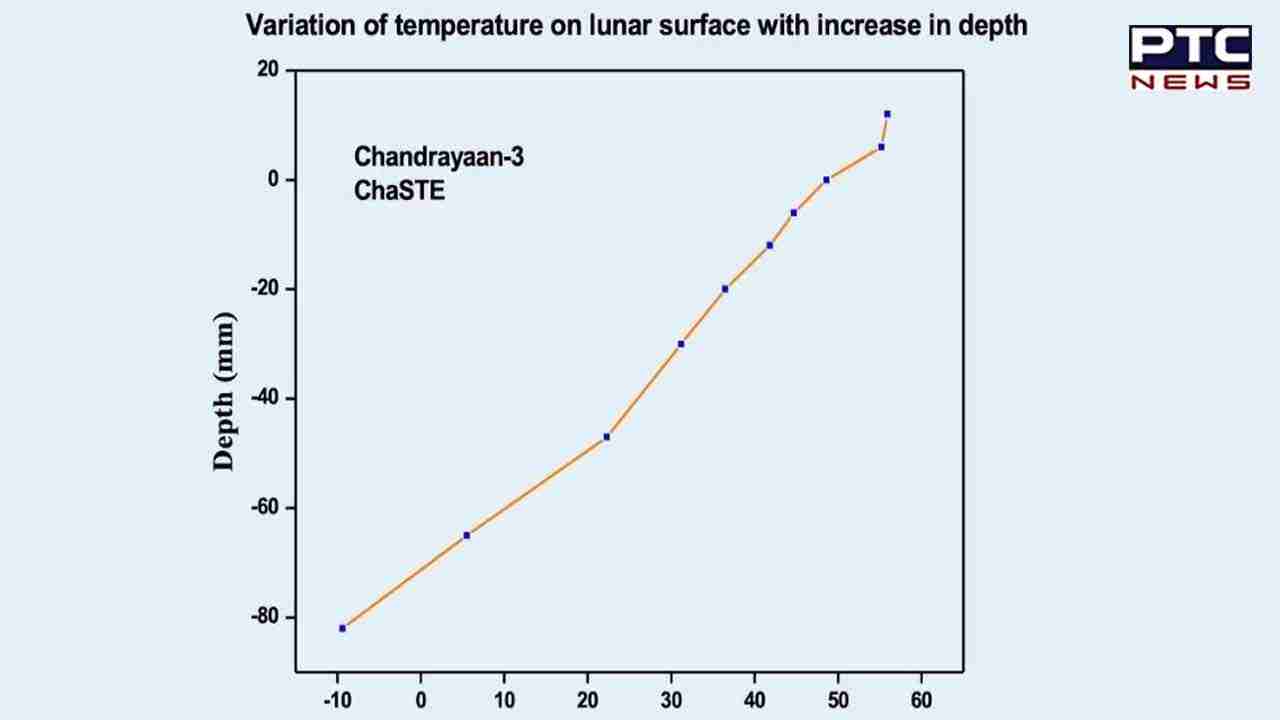Chandrayaan-3 findings: Unexpected 70-Degree Celsius moon surface temperature leaves scientists astonished
Scientists find Chandrayaan 3's moon temperature variation intriguing due to unexpected 70-degree high
Chandrayaan 3 findings: In a revelation that has captured the attention of the scientific community, Chandrayaan 3's initial findings on the lunar surface temperature at the south pole have emerged. Unforeseen by experts, the data indicates an unexpectedly high temperature of 70 degrees Celsius near the surface. This temperature anomaly stands in stark contrast to the anticipated range of 20 to 30 degrees Celsius in the area where Chandrayaan-3 successfully landed and is conducting its experiments.
"We all believed that the temperature could be somewhere around 20 to 30 degrees Celsius on the surface, but it is 70 degrees Celsius. This is surprisingly higher than what we had expected," shared Isro scientist BH Darukesha said.

The intriguing aspect of this discovery is the stark temperature variation, a phenomenon absent in Earth's conditions. "When we go two to three centimeters inside the Earth, we hardly see two to three degrees Celsius variation, whereas there (on the Moon), it is about a 50-degree Celsius variation. This is something interesting," the scientist emphasised.

The temperature fluctuation on the lunar surface near the south pole spans from 70 degrees Celsius to minus 10 degrees Celsius. This groundbreaking insight, courtesy of Isro's Chandrayaan 3, is the first time such information has been shared with the global scientific community.
The temperature variation has been meticulously assessed through data from the Vikram payload. The temperature profile reveals that on the lunar surface, the temperature remains approximately at 50 degrees Celsius. As the altitude increases to 20 mm, the temperature surges beyond 60 degrees Celsius. Delving deeper to a depth of -80 mm below the surface, the temperature plummets to minus 10 degrees Celsius.
These measurements have been conducted during the ongoing lunar day, considering that the south pole receives comparatively less illumination from the Sun. Isro chairman S Somnath previously elaborated on the rationale behind selecting the south pole for Chandrayaan 3's soft landing, emphasizing its unique environmental conditions.
Also Read: ISRO scientists race against time with 10 days left to complete one lunar day